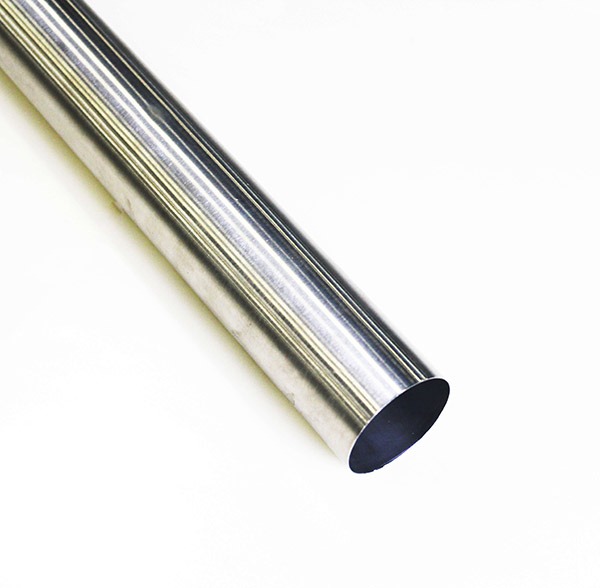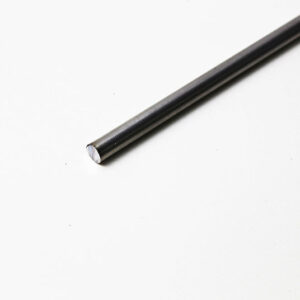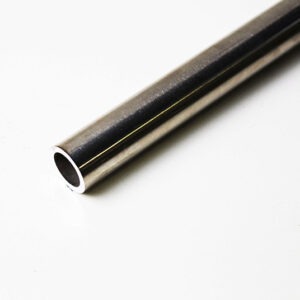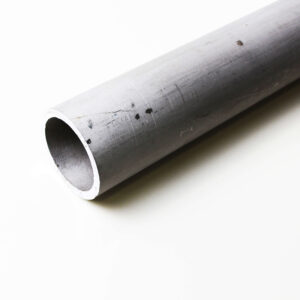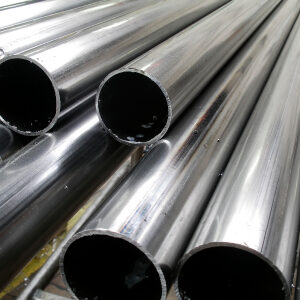STAINLESS AEROSPACE TUBING
AUSTENITIC
The types of stainless steels we stock are austenitic. This type of steel is identified by its microstructure or predominant crystal phase.
Austenitic steels have austenite as their primary phase (face centered cubic crystal). These are alloys containing chromium and nickel (sometimes manganese and nitrogen), structured around the Type 302 composition of iron, 18% chromium, and 8% nickel. Austenitic steels are not hardenable by heat treatment. The most familiar stainless steel is probably Type 304, sometimes called T304 or simply 304. Type 304 surgical stainless steel is austenitic steel containing 18-20% chromium and 8-10% nickel.
TW Metals stocks 304, 304L, 316,316L, 321, 347, 21-6-9 & 17-7 alloys in drawn Stainless tubing in tempers of, Annealed, 1/8 , 1/4 , Half Hard and Full hard.
Example: 304 to 321 Alloys & 21-6-9
304 STAINLESS STEEL
T-304 is the most widely used stainless steel in the world. You can find it in everything from cars and knives to the space shuttle. Also known as a food grade. It is weldable, machinable and has good corrosion resistance to many chemical corrodents as well as industrial atmospheres. Has very good formability and can be readily welded by all common methods.
321 STAINLESS STEEL
This material is stabilized with titanium for weldments subject to severe corrosion. No carbide precipitation. Excellent resistance to a variety of corrosive media. Immune to most organic chemicals, dyestuffs and many inorganic chemicals. Has similar properties to alloy 304, but its titanium content limits carbide precipitation, making it somewhat easier to machine.
21-6-9 STAINLESS STEEL
PRINCIPAL DESIGN FEATURES
High manganese and nitrogen strengthening result in a combination of high temperature oxidation resistance, excellent toughness at cryogenic temperatures and above average corrosion properties. Maximum temperature for continuous service is less than 1600 F (871 C). This alloy retains excellent toughness down to -423 F(-230 C).
APPLICATIONS
Aircraft components, steam and autoclave parts, chemical and pollution control equipment.


